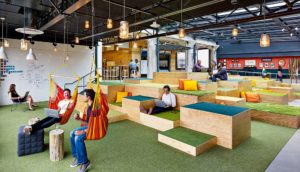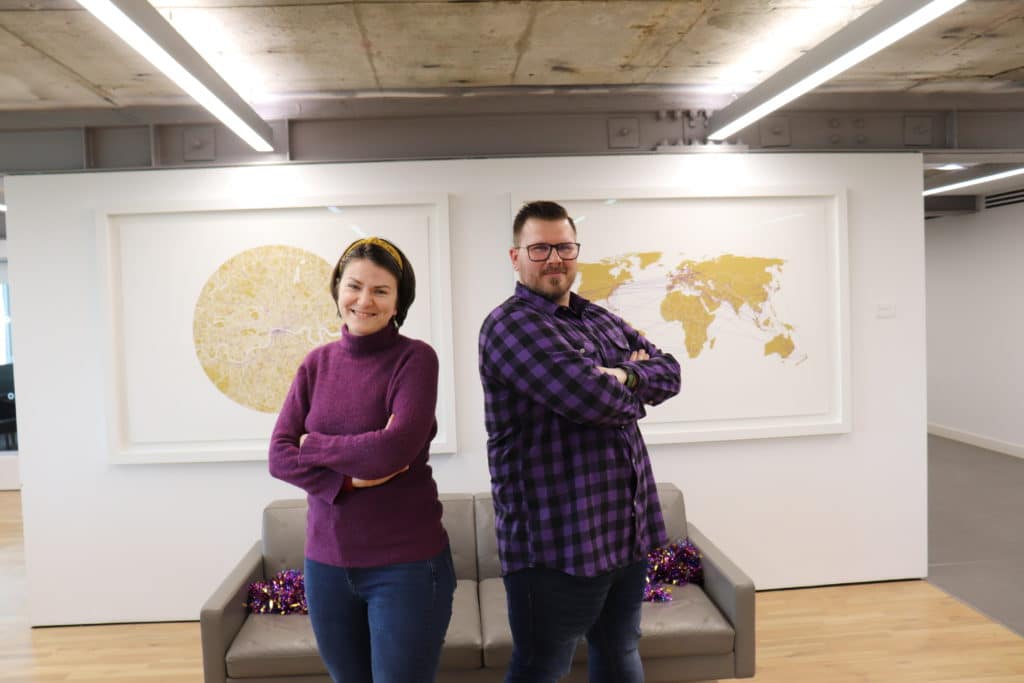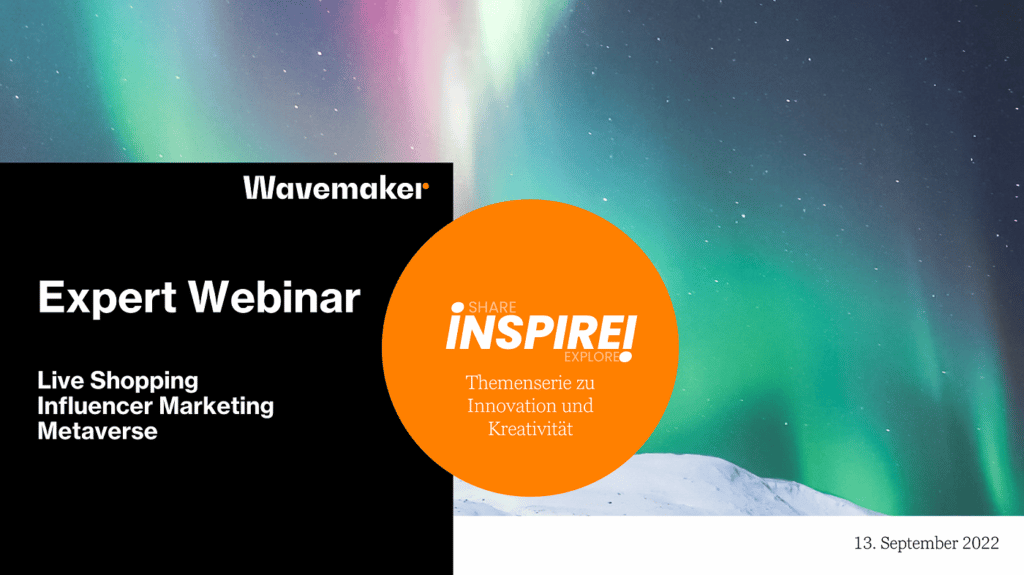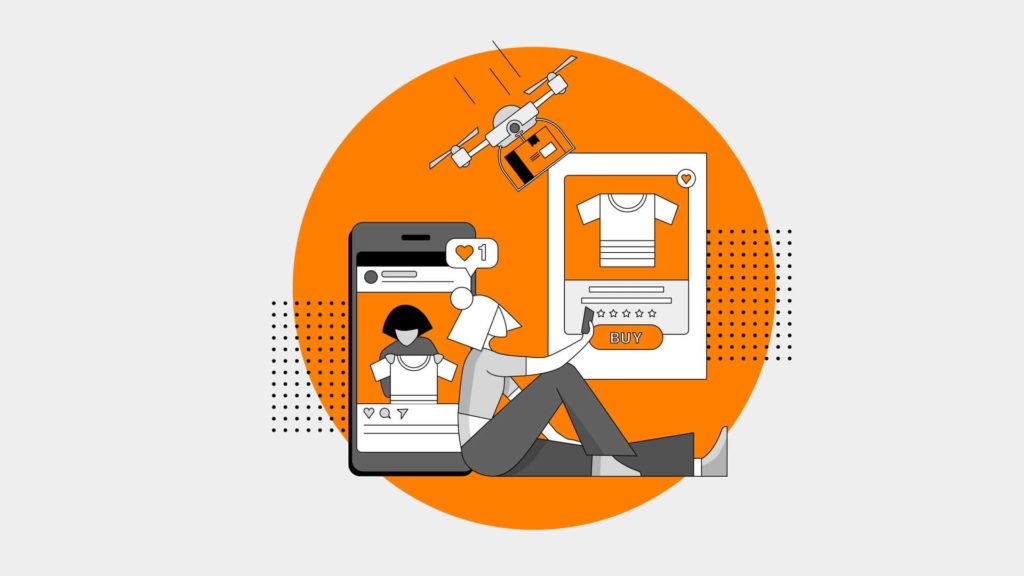The Provocateur: Wavemaker Experten analysieren zum Nachdenken anregende Themen und teilen mit uns offen ihre Meinung und Gedanken.
Shipra Roy, Global People, Inclusion & Culture Officer at Wavemaker, delves into how our industry can better support its neurodivergent workforce.
If I looked at my career 10 years ago, I wouldn’t have had much of an inkling about neurodiversity. Autism, Aspergers (High Functioning Autism) and other neurodiverse conditions were not really talked about at work; there was limited education on the subject for the public – not to mention a good deal of stigma. In hindsight, I wish we had known more so we could have avoided losing some great talent in the workplace.
In the past five or six years I’ve become much more aware of neurodiversity, an umbrella term for conditions including ADHD, Autism, Dyspraxia and Dyslexia. Through friendships, colleagues and family members, I’ve encountered many whose style of thinking is very different to my own. I realised that people with whom I dealt closely every day reacted to issues, scenarios and life events very differently to what is considered normal – or neurotypical to use the correct term.
“A workplace not created for you can be exhausting.”
Exploring the subject in more depth, I saw how different some people’s worlds and reality were to mine and that misaligned expectations – and assumptions that all people should react in a certain way to situations – sometimes led to unnecessary disappointment, stress and failure. In the past few years I have become intensely interested in this, and as I learned more, it struck me that the confusion, ambivalence and turmoil faced by me in a particular interaction was something that my neurodiverse colleague might also be dealing with in a very unique way – and that there was not enough education (and therefore awareness) in our workplaces about these different reactions and how best to support them.
 A work environment that has not been created for you can be exhausting. For example, autistic employees who have faced (or are worried they will face) discrimination or bullying may not disclose their condition at work, and so feel the need to mask some of their behaviours – imagine how draining this would be every single day. Sensory overload like bright lights, lots of noise and a very tactile environment can be overstimulating for people with autism, leading to stress and burnout.
A work environment that has not been created for you can be exhausting. For example, autistic employees who have faced (or are worried they will face) discrimination or bullying may not disclose their condition at work, and so feel the need to mask some of their behaviours – imagine how draining this would be every single day. Sensory overload like bright lights, lots of noise and a very tactile environment can be overstimulating for people with autism, leading to stress and burnout.
We face massive gaps in how we communicate, adjust and react when interacting with neurodiverse colleagues. We must learn to be more neuro-inclusive both in our supervisory style and interactions with peers, and become aware how a workplace we take for granted can present others with unique challenges.
There is still a huge focus in big organisations on being corporate, walking the company line. This can be unattainable – and a real strain – diverting energy from doing a great job for colleagues with different communication styles. It’s very easy (even lazy) to label an individual with limited social skills as introverted and vice versa; it takes much more effort to figure out how best to communicate, perhaps being more explicit in instruction and response, asking for feedback and welcoming spoken and written communication – whatever works best for each person.
Working in a creative industry that breaks boundaries, we should be the perfect place for people of all abilities to work and thrive, hugely intelligent, talented and creative individuals who bring an idiosyncratic and positively provocative perspective to their disciplines. The first step is to break bias and attract this talent – by making it clear that we are inclusive and adaptive employers who actively seek out different minds.
Then the hard work really begins. To provide opportunities that will get the best out of our neurodiverse talent, we need to change our workplaces. Both practically and person-to-person, learning to communicate with empathy and finding new ways to support colleagues with mental health resources, and buddies at work, so they don’t feel overwhelmed.

Jarred Trembath and Andreea Rashid are Wavemaker’s neurodiversity and disability awareness advocates, and they lead our employee diversity group, ENABLE.
I asked Jarred Trembath, a Global Client Director at Wavemaker who has ADHD, to share his view on how we can improve the environment for our neurodiverse colleagues.
‘It would be great to see Wavemaker becoming more inclusive for neurological as well as physical conditions. There are little things that all employers can do to make someone with neurodiversity more comfortable, here are just three examples:
- Offering Grammarly (or similar) to staff who are diagnosed with ADHD and Dyslexia – anyone who struggles with spelling and/or sentence structure. This would save so much time, as often someone with ADHD (such as myself) spends a fair amount of time cross-checking emails, documents, presentations and contracts for spelling and grammatical errors.
- Sensory-neutral areas – there should be neutral/quiet/clean safe spaces for people who suffer from over stimulation (Autism/ADHD/Anxiety etc) so they can concentrate and have a place to take comfort in if they are struggling with the amount of stimulation at the office. The room should be a quiet zone (no talking/Teams calls/mobiles) and clutter-free, with comfy seating, soft lighting and no powerful smells.
- Professional support for staff who need it. In my case, I had to wait nearly eight months to see a psychiatrist for my ADHD treatment; this has been incredibly stressful. I have medical insurance through work and would have welcomed a much faster solution.’

As Jarred’s experience illustrates, there’s a lot to do. And it’s not only for colleagues, in my recent experience more and more of employees who are parents of neurodiverse children are talking to us about how they are coping with a diagnosis. As employers we need to start taking a kinder and more holistic view of how we support colleagues facing these challenges.
As I continue my own journey to learn more, my wish is to better interact and learn from those who are neurodivergent and to appreciate their perspective on work and life. I want to build trust and respect so I can bring their often-invisible qualities and talent to the forefront by providing them with an environment where they feel comfortable. My goal is a workplace where all our colleagues are seen and thriving.
I’ll leave the last word to Jarred: ‘By making modest changes, we can attract more neurodiverse talent. If we upskill this talent in the skills needed at a progressive media agency – in an environment where they can thrive – life gets better for both the business and all our people.’
Shipra Roy, Global Chief People, Inclusion & Culture Officer








